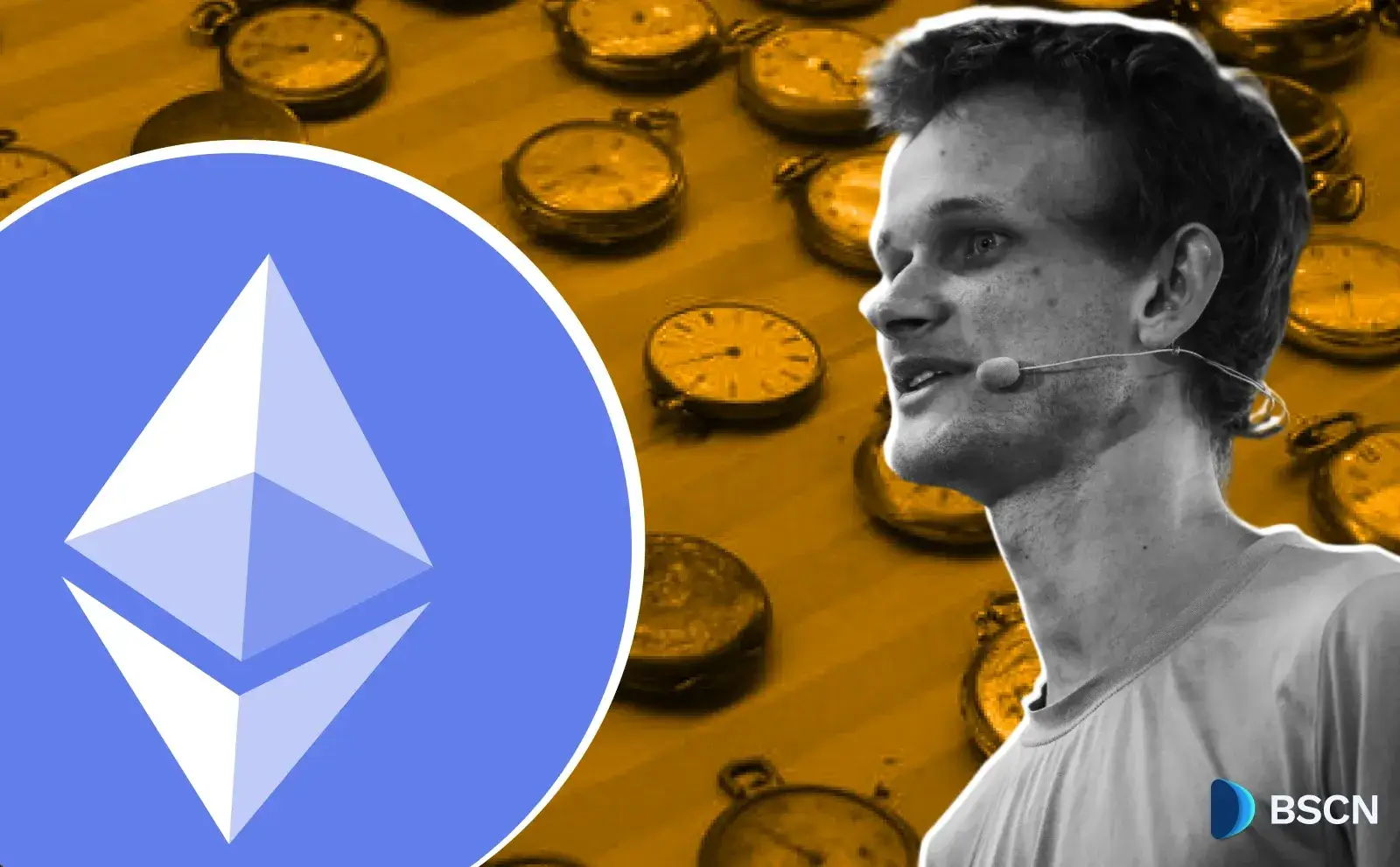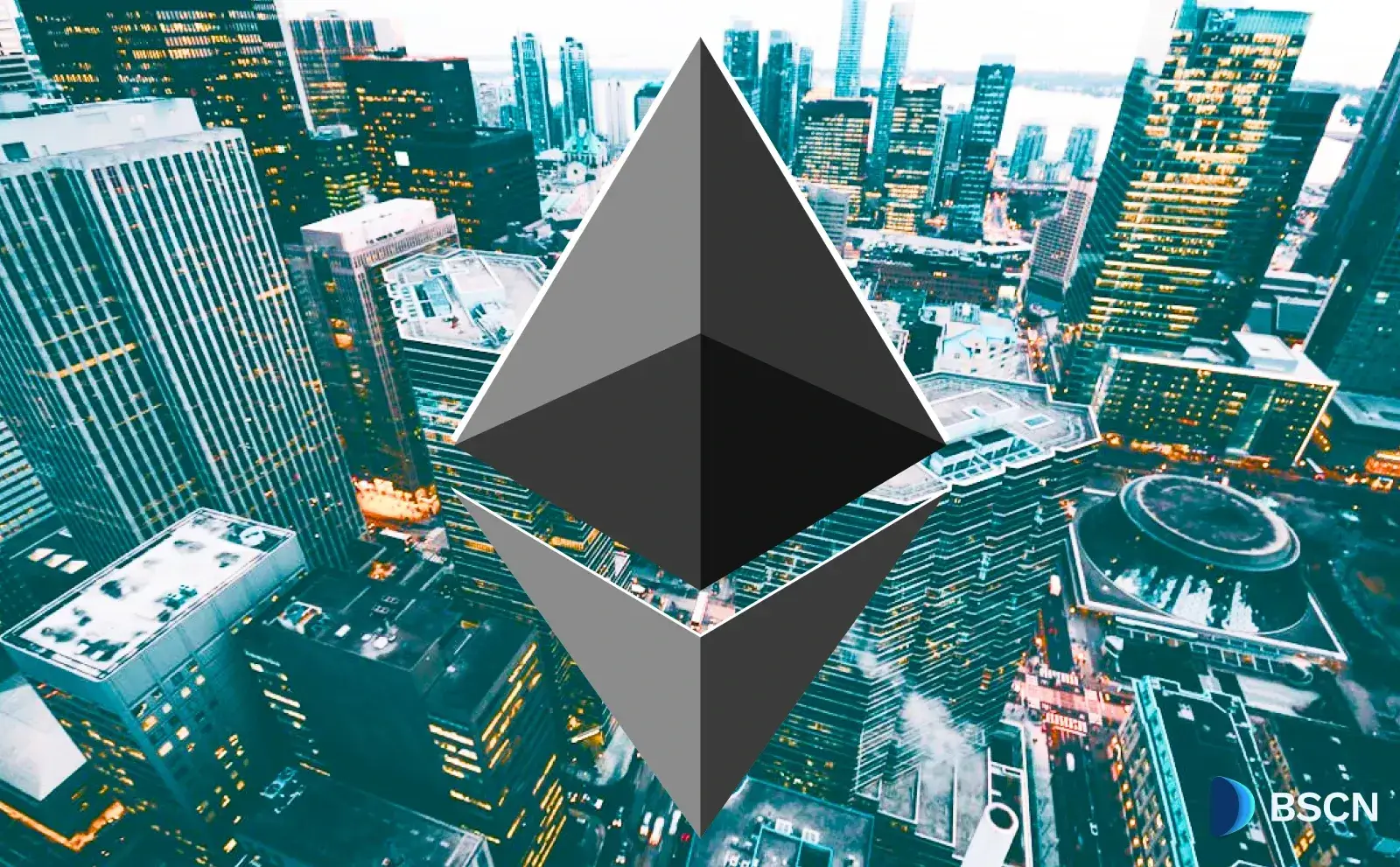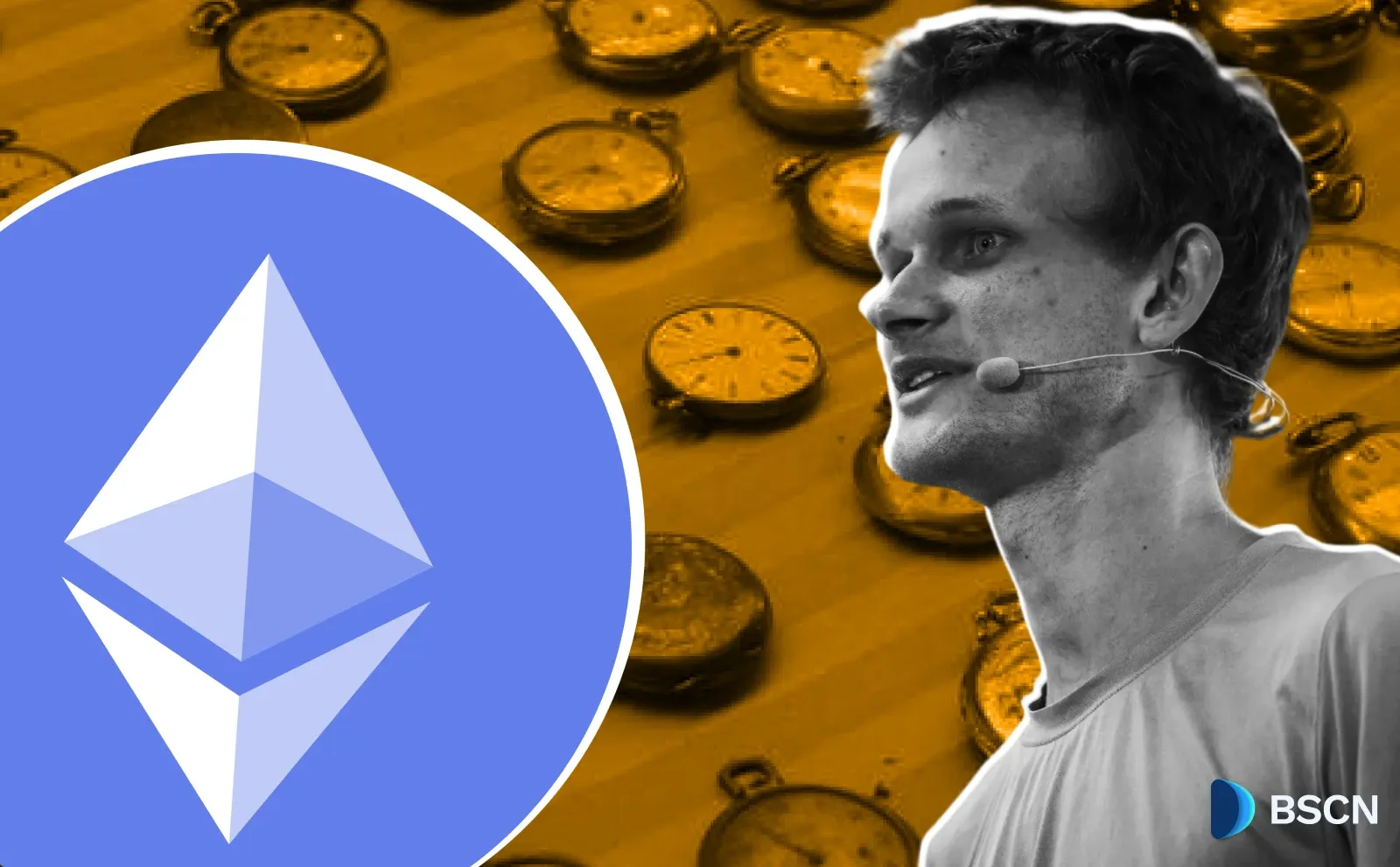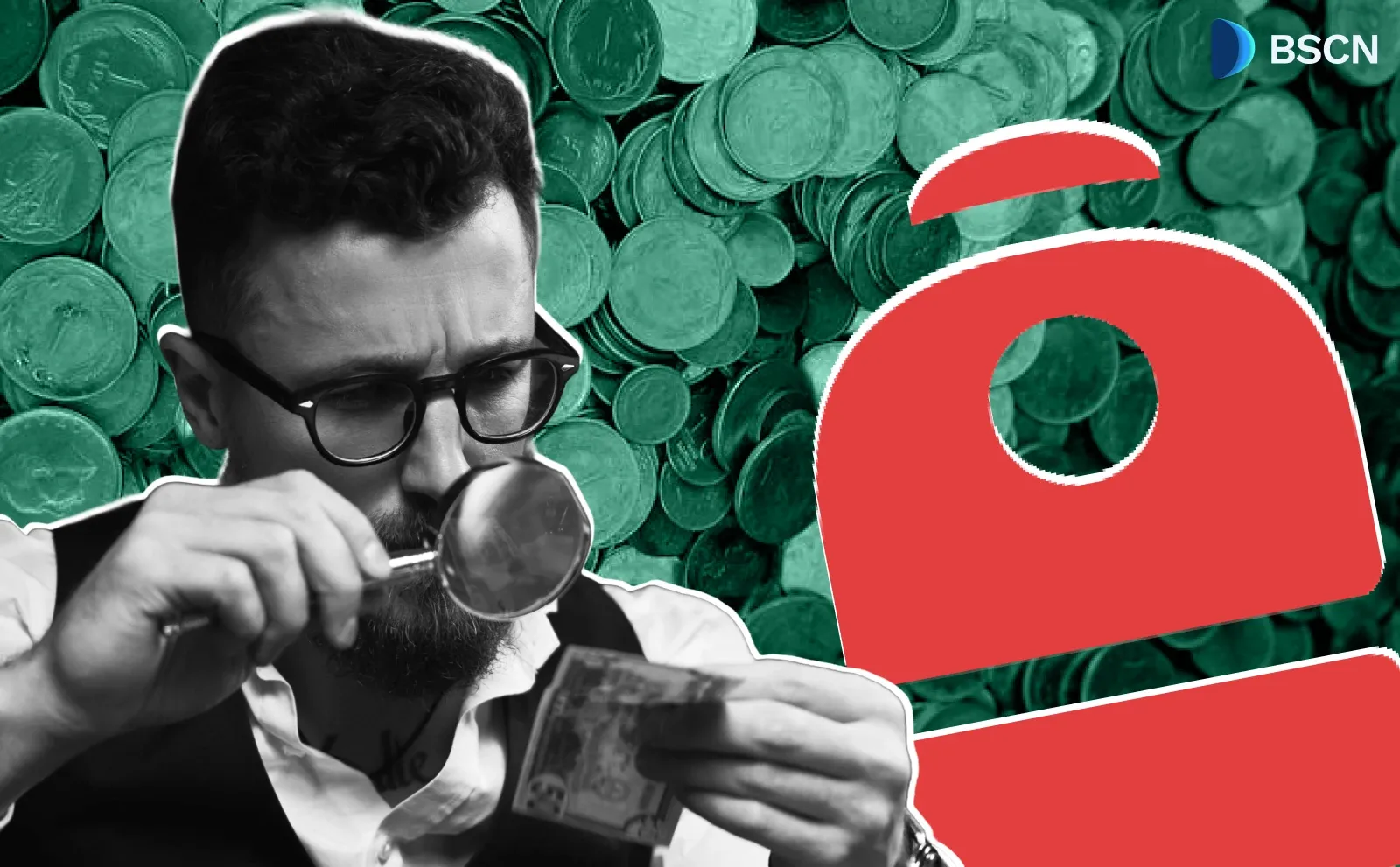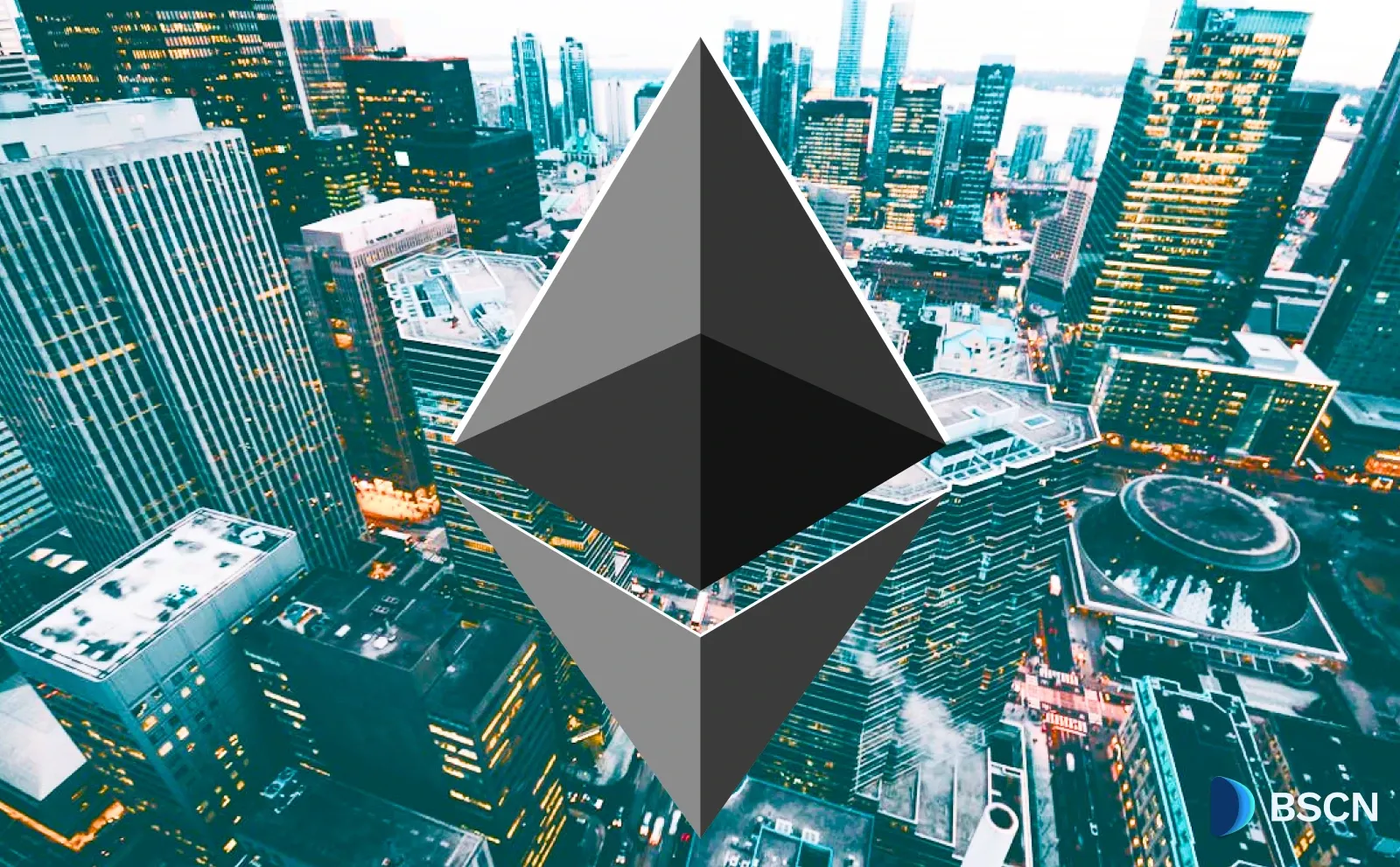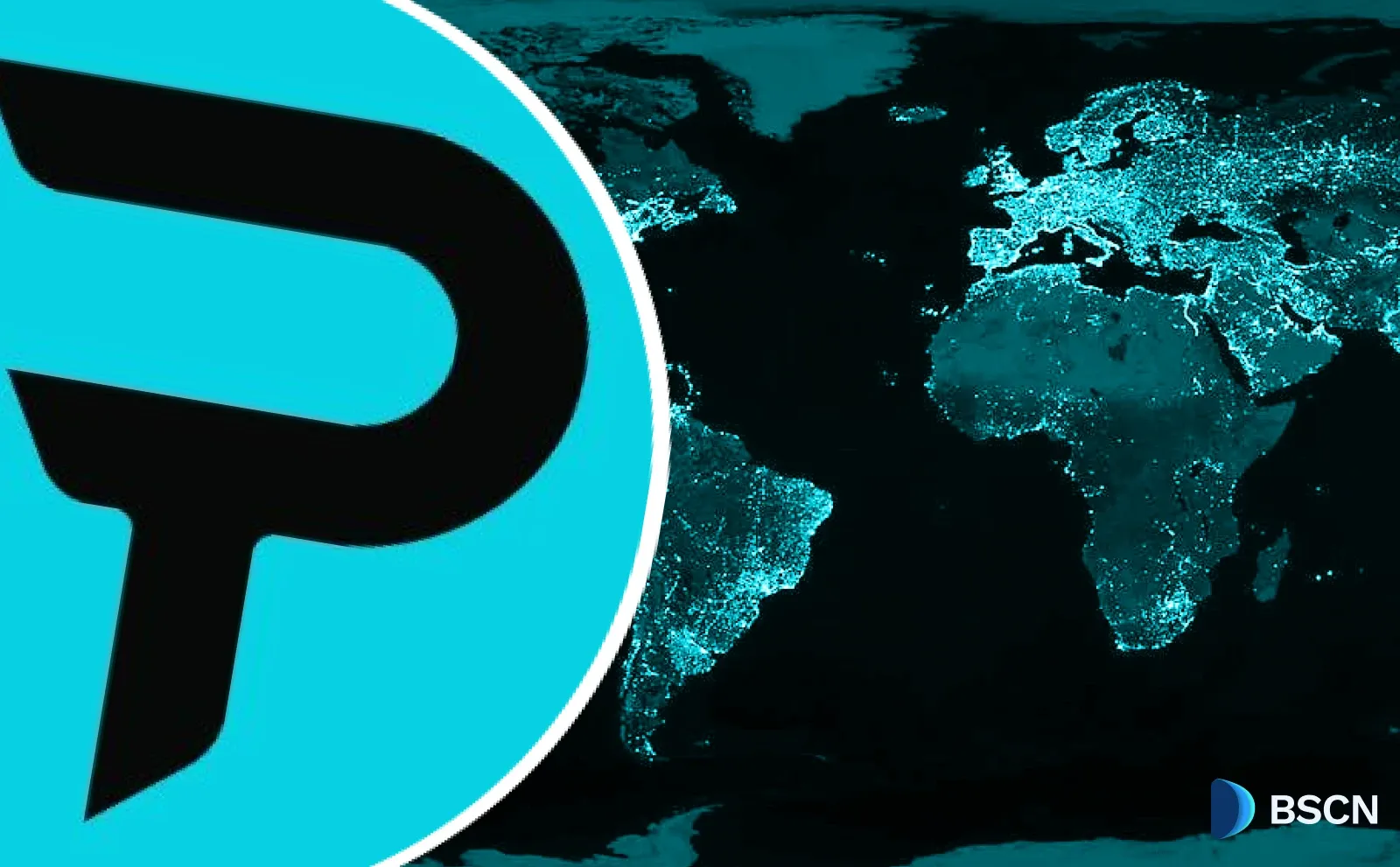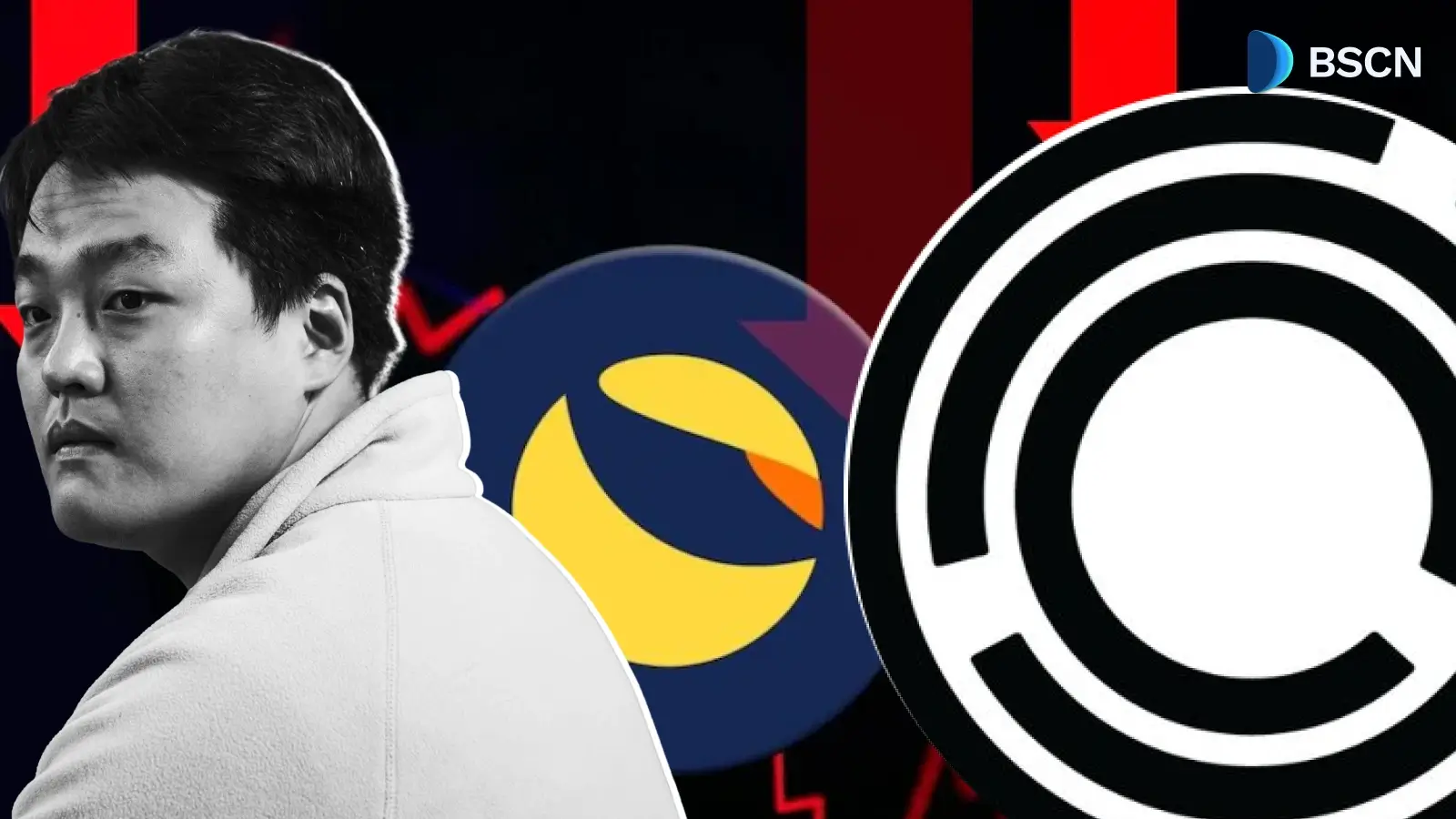Nigeria Calls for Action After $2.1B in Crypto Fraud Hits West Africa

Nigeria calls for unified crypto regulation as $2.1B in suspicious transactions plague West Africa in 2024, with rising DeFi fraud and terrorism risks.
Soumen Datta
August 5, 2025
Table of Contents
Nigeria's top securities regulator has sounded the alarm over a major rise in shady cryptocurrency transactions in West Africa—amounting to over $2.1 billion in 2024 alone. According to Business Insider Africa, this warning comes from Nigeria's Securities and Exchange Commission (SEC) following a report by the Inter-Governmental Action Group Against Money Laundering in West Africa (GIABA).
Why Nigeria Is Concerned
Speaking at the West Africa Compliance Summit in Cape Verde, SEC Director-General Emomotimi Agama highlighted the growing danger. He explained that criminals are misusing crypto tools—especially decentralized finance (DeFi) platforms and privacy coins—to commit fraud and fund illegal activity.
These concerns are not new, but Agama says the scale is now “no longer local.” He warned that bad actors banned in one country, like Nigeria, often move operations to nearby countries such as Ghana. The lack of a regional response, he says, is enabling the problem to grow.
Main Threats Outlined by Agama Include
- DeFi "rug pulls": Fraudsters attract investors into new projects, then disappear with the funds.
- Fake crashes and unregistered exchanges: These platforms are often set up to trick users or operate without oversight.
- Terror financing using privacy coins: Cryptocurrencies like Monero or Zcash are increasingly used to hide transactions.
The GIABA report adds that $2.1 billion in crypto-related transactions were flagged as suspicious in West Africa during 2024 alone. These numbers suggest serious flaws in how digital asset activity is monitored across the region.
SEC Pushes for Unified Licensing and Stronger Monitoring
Agama called on Economic Community of West African States (ECOWAS) members to adopt a Unified Virtual Asset Service Provider (VASP) Licensing System. He stressed that fragmented rules make it easy for scammers to shift between borders undetected.
He also announced new steps the SEC is taking in Nigeria:
- AI-based blockchain monitoring tools to improve oversight
- Tighter compliance checks for VASPs
- Increased public awareness around fraud
The SEC’s plan includes more frequent audits of digital asset platforms, better data-sharing among West African countries, and a stronger legal framework for dealing with cross-border cases.
CBEX Ponzi Scheme: A Case Study in Crypto Fraud
One of the largest fraud cases prompting Nigeria’s new stance is the collapse of CBEX, a Ponzi scheme that falsely claimed to be tied to the China Beijing Equity Exchange.
CBEX promised high returns and attracted over 300,000 Nigerian investors, especially in Lagos and Abuja. Losses were initially estimated at ₦1.3 trillion (about $840 million), although revised figures suggest the real number may be closer to $6.1 million.
Regardless of the actual losses, the damage to public trust has been significant.
In response, the SEC has launched a national Ponzi scheme awareness campaign aimed at helping the public spot fake platforms early. Agama emphasized that educating users is just as important as enforcing rules.
Regional Challenges: Crypto Without Borders
One of the central issues raised by Agama is the ease with which digital asset operators can jump between jurisdictions. With differing laws and little coordination, a company or individual banned in Nigeria can legally restart operations in another ECOWAS country.
This “regulatory arbitrage” creates a loophole that’s been exploited by scammers and even terrorist groups, who take advantage of privacy-focused cryptocurrencies to avoid detection.
According to Agama, the only way forward is a harmonized regulatory framework for the West African region. He stated, “We must harmonize our frameworks, share intelligence, and adopt best practices.”
Looking Ahead: What the SEC Is Doing Next
The SEC plans to take a more aggressive approach to crypto oversight in the coming months. This includes:
- Rolling out real-time transaction tracking
- Requiring VASP registration and ongoing compliance
- Working with other ECOWAS nations to align policy
These moves aim to ensure that Nigeria doesn’t become a weak link in the fight against crypto crime.
FAQs
What is the $2.1 billion figure referring to?
It refers to the total amount of suspicious cryptocurrency transactions reported across West Africa in 2024, as documented by GIABA.
What is a Unified VASP Licensing System?
It’s a proposed regulatory framework where all ECOWAS countries would follow the same licensing and compliance standards for crypto platforms, making it harder for fraudsters to exploit cross-border loopholes.
What was the CBEX fraud in Nigeria?
CBEX was a fraudulent crypto platform that claimed ties to the China Beijing Equity Exchange. It collapsed in 2024 and caused estimated investor losses of up to $840 million, though newer figures suggest losses closer to $6.1 million.
Conclusion
According to Nigeria, unregulated cryptocurrency activity poses a serious threat to financial stability, investor safety, and regional security. With over $2.1 billion in suspicious transactions logged in one year, the stakes are high. The SEC’s push for unified licensing, AI-driven monitoring, and public education is a step toward reclaiming control—but success depends on collaboration across West Africa.
The crypto space in Africa is growing fast, but so are the risks. Unless countries act together, criminals will keep taking advantage of the gaps.
Resources:
Business Insider Report: https://africa.businessinsider.com/local/markets/nigeria-hits-panic-button-as-west-africa-logs-dollar21bn-in-suspicious-crypto/rww9zgs
North Africa Post Report: https://northafricapost.com/89363-nigeria-sounds-alarm-as-2-1bn-in-suspicious-crypto-transactions-shake-west-africa.html
BBC News Pidgin Report About CBEX Collapse: https://www.bbc.com/pidgin/articles/cgjly4d65j5o
Read Next...
Disclaimer
Disclaimer: The views expressed in this article do not necessarily represent the views of BSCN. The information provided in this article is for educational and entertainment purposes only and should not be construed as investment advice, or advice of any kind. BSCN assumes no responsibility for any investment decisions made based on the information provided in this article. If you believe that the article should be amended, please reach out to the BSCN team by emailing [email protected].
Author
 Soumen Datta
Soumen DattaSoumen has been a crypto researcher since 2020 and holds a master’s in Physics. His writing and research has been published by publications such as CryptoSlate and DailyCoin, as well as BSCN. His areas of focus include Bitcoin, DeFi, and high-potential altcoins like Ethereum, Solana, XRP, and Chainlink. He combines analytical depth with journalistic clarity to deliver insights for both newcomers and seasoned crypto readers.
Crypto Project & Token Reviews
Project & Token Reviews
Comprehensive reviews of crypto's most interesting projects and assets
Learn about the hottest projects & tokens



